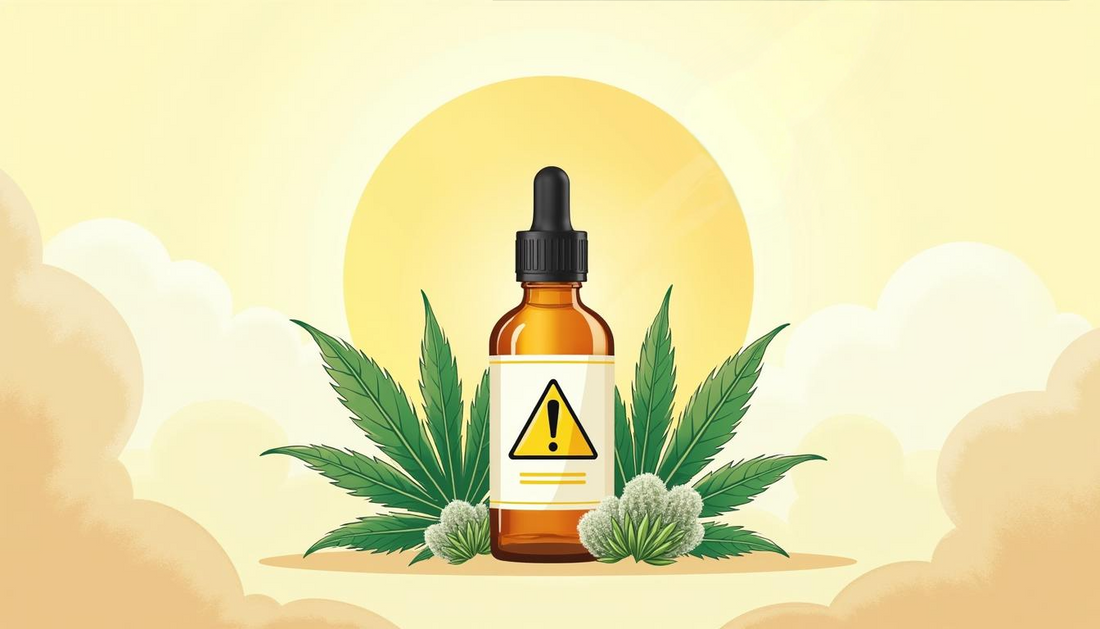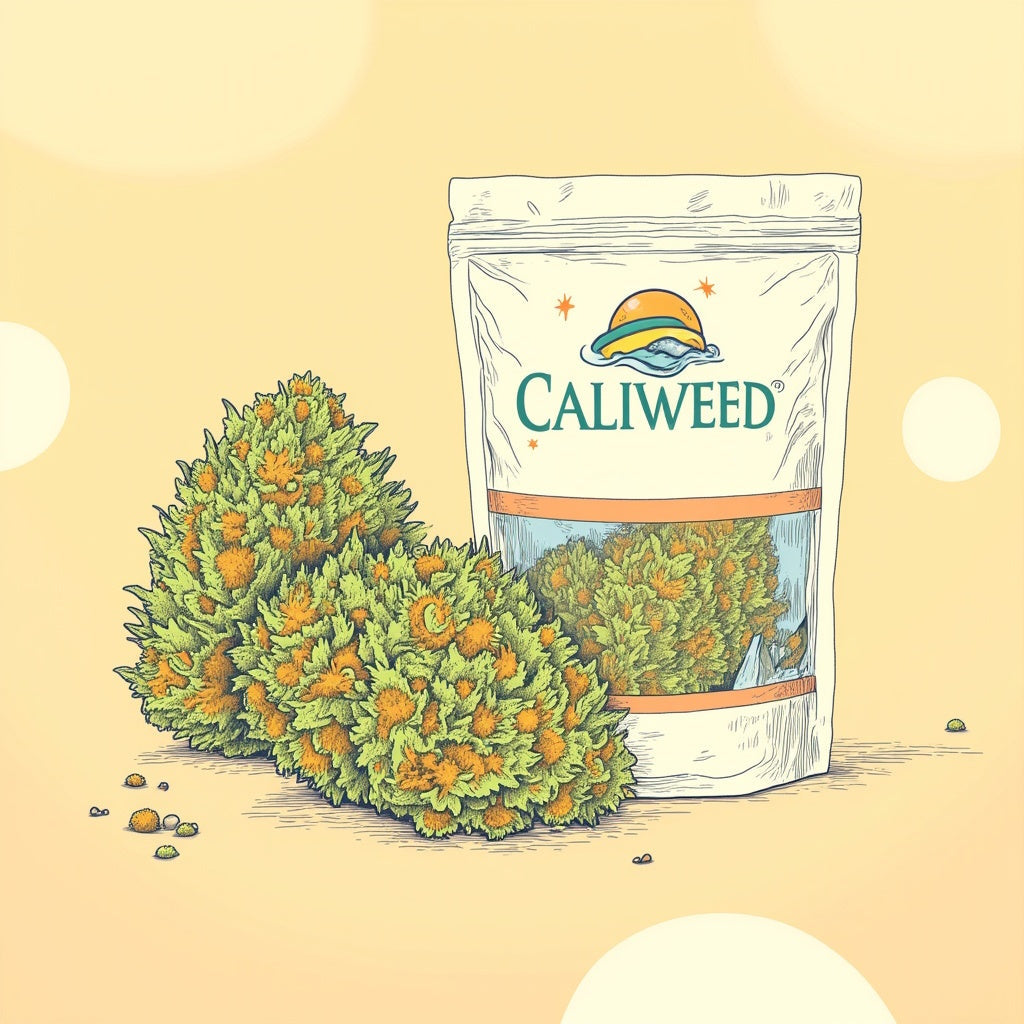
What are the contraindications to CBD consumption?
The virtues of CBD
CBD is a natural molecule that comes straight from the cannabis plant or hemp (a variety of cannabis with a low THC content for industrial use). Cannabidiol has been used for several years and is sold in many pharmacies. At the time of writing, CBD is considered a dietary supplement and not a medicine. CBD was put forward in the 1970s, but it is only in the last ten years that this molecule, cannabidiol, has been the subject of numerous studies and research for therapeutic purposes.
Many studies have been able to prove that the virtues of CBD are undeniable and very important. We can cite for example, its neuro-protective capacity, but also its anti-convulsive, anxiolytic, analgesic and anti-inflammatory benefits. Many studies have been conducted so far on animals, and there is still a lack of more precise results on humans to move forward and for CBD to make the leap forward it deserves. It is for these reasons that it is complicated to obtain precise and concrete information on CBD and its contraindications.
However, the CBD molecule ( cannabidiol ) is already present in the drug Epidyolex : a drug that is part of a treatment for children with severe forms of epilepsy. The second drug is Sativex , which is consumed by patients with multiple sclerosis. It contains CBD and also THC. The products on sale in CBD stores are not drugs, however. You will be able to find CBD oil , CBD candies or even CBD flowers .
Let’s get to the main topic: is it dangerous to consume CBD? Are the side effects serious?
Side effects of CBD
We can note that unlike THC which is considered a drug, cannabidiol is recognized as a food supplement. CBD and THC are both molecules present in the cannabis or hemp plant, but as you will have understood, they do not have the same properties at all.
CBD does not cause a psychotropic effect like its cousin THC. This molecule, still CBD, does not trigger any dependency process unlike many drug treatments that create addictions, not to mention the serious side effects.
You can therefore take CBD over a long period of time without fear of becoming dependent on it. There are, in no case, any side effects capable of altering your state of consciousness when you consume CBD.
However, and in rare cases, reactions such as side effects have been noted after consuming CBD and it is important to mention them. Before that, let's put things in context: it is important to understand that CBD has no toxicity for the cells of our body. This molecule does not alter our body and our physiology in any way. That being said, we can list the side effects noted if cannabidiol is taken in too large quantities or in too high dosages:
Some consumers have reported to us, for example:
- A decrease in appetite
- Headaches
- Feelings of discomfort in the stomach
- Digestive disorders
- Dizziness or lightheadedness
- Nausea or dry mouth
All these cases are of course extremely rare, it is important to remember that.
Other side effects have also been noted by doctors, always when taking a significant amount of CBD. In the case of treatment with Epidyolex, liver problems, fatigue, drowsiness and even vomiting and diarrhea may occur.
The dose recognized by researchers to avoid any danger or side effects following the consumption of CBD is: do not exceed 1500 mg of CBD daily. Suffice to say that there is room for improvement!
Special case of CBD side effects
Mostly well assimilated, the cannabidiol or CBD molecule can sometimes cause side effects in certain very specific cases, particularly when taking too high a dose of CBD. As soon as the maximum threshold recommended daily is exceeded (1500 mg of CBD per day maximum), cannabidiol can then become somewhat toxic.
At the moment, there have been no studies conducted on humans, so it is difficult to say. The side effects of cannabidiol often occur when the consumer is on medication. CBD can then interact with the latter. It is then very important, even essential, to consult your doctor before taking CBD if you are already on treatment. If you have a particular disease, there may be no contraindication with the consumption of CBD. You will just have to ask your doctor so that he can give you his approval or not.
CBD and contraindications
There are very few contraindications when it comes to CBD. Research is still ongoing, so those who are unsure are advised to consult their doctor beforehand or not consume it at all.
Cases of contraindications for taking CBD are rare and here is the list:
- Allergies to additives found in CBD products
- During pregnancy and breastfeeding
- In case of ongoing drug treatment
It is in the cases mentioned above that the undesirable side effects of CBD can occur. If you want to take CBD as a treatment, we strongly recommend once again that you have an interview with a health professional. It will be important for you in a second step to move towards natural products, such as those offered on our website Cali Weed . Our online store offers French products from sustainable and organic agriculture. For us, organic CBD is a logic for the well-being and health of consumers as well as for the preservation of our planet.
As you have seen, CBD or cannabidiol is a molecule derived from hemp that has very few contraindications. In just a few years, CBD has become a valuable aid for many people suffering from chronic pain, helping them to alleviate their symptoms. It has revolution in the UK even the whole world!
The Cali Weed team

